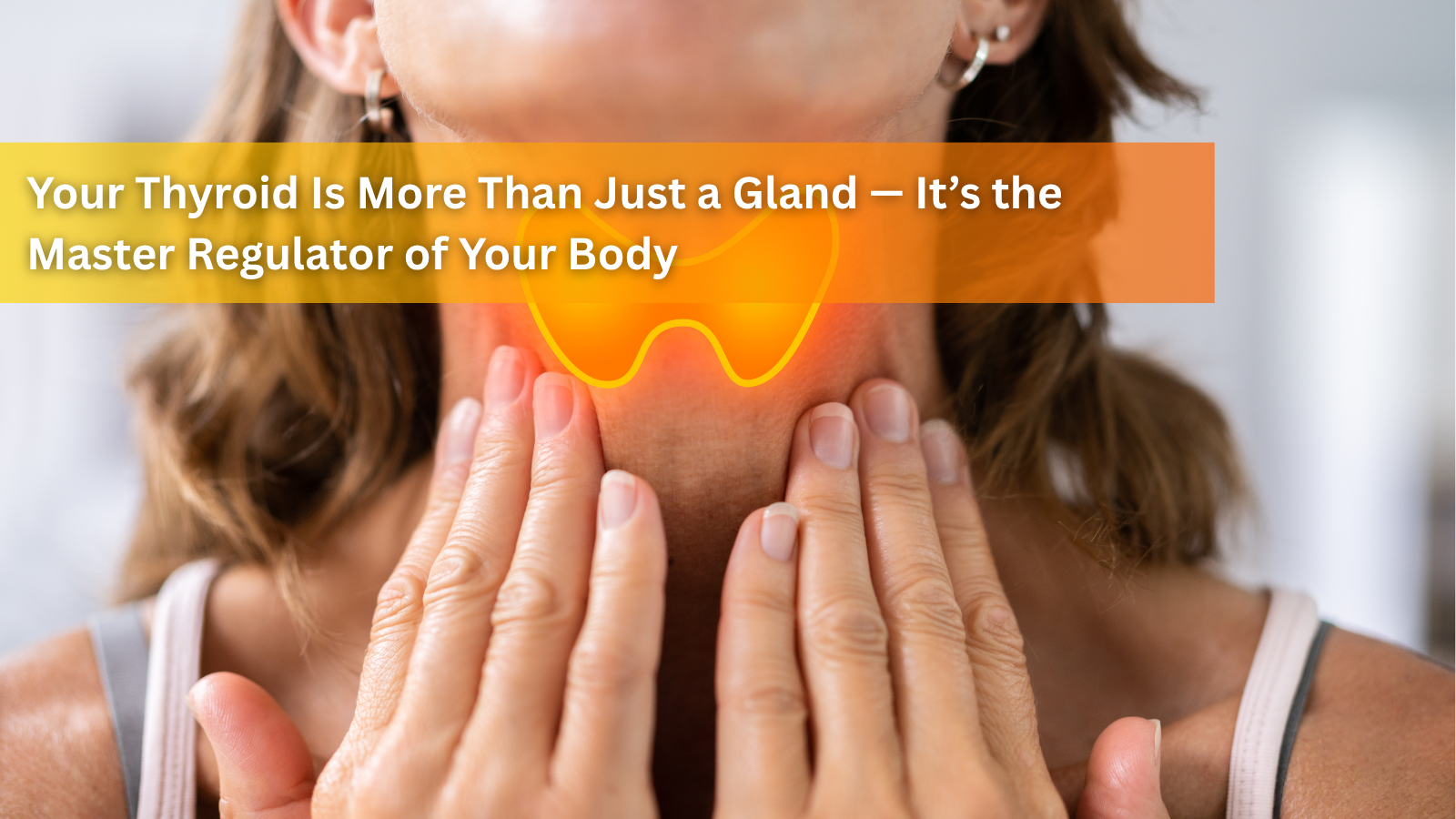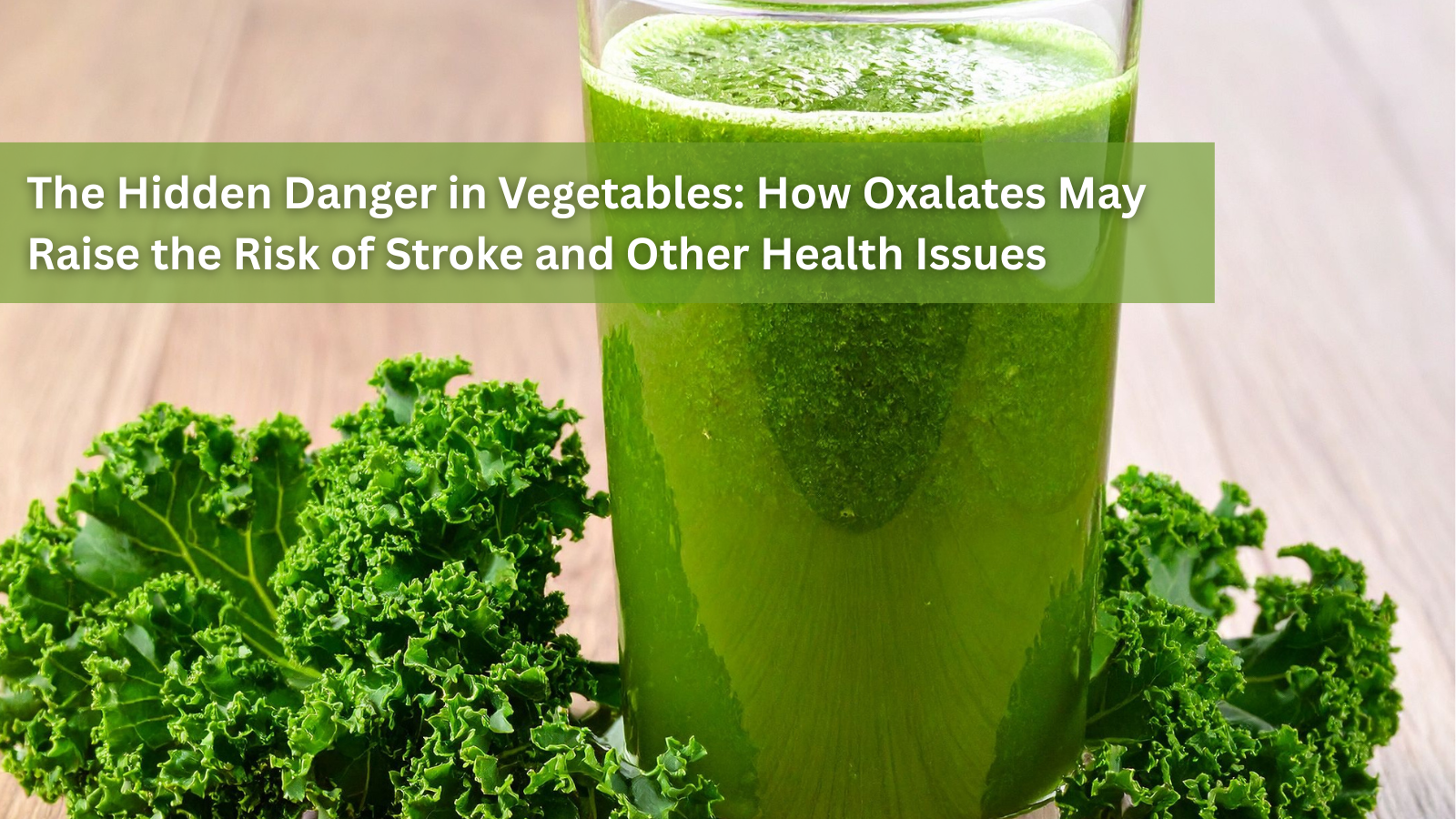The Power of Sleep: Tips, Science, and the Perfect Bedtime Routine for Insomnia

Why We Need Sleep
Sleep is one of the most underrated factors for regeneration and recovery, yet it affects
nearly every aspect of our health. Did you know that even a single night of poor sleep
can impair brain function almost like being legally intoxicated? Sleep is essential not just
for rest, but for learning, memory, emotional balance, and overall brain repair.
For years, scientists believed that sleep slows brain activity—but research now shows
that overall brain activity during sleep is just as high as when we’re awake. Rather than
slowing the brain, sleep regulates mood, restores energy, and reduces fatigue. If you
often feel tired during the day or experience afternoon crashes, poor sleep quality might
be the missing piece.
During sleep, the amygdala—the part of the brain responsible for processing
emotions—undergoes critical adaptation. Without enough rest, emotional instability and
irritability can easily arise.
The consequences extend far beyond mood. Chronic sleep deprivation is linked to a
wide range of health problems, including metabolic, psychiatric, and neurodegenerative
diseases. People who consistently lack sleep are at higher risk of obesity and diabetes.
Research even shows that losing a small amount of sleep can impair performance to a
degree equivalent to having a blood alcohol level of 0.05%. In hospitals, nearly 100,000
deaths annually are linked to medical errors in which sleep deprivation plays a
significant role.
What happens during sleep
When you sleep, your body enters a state of regeneration and restoration. This
process includes:
1. Cell repair
2. Strengthening the immune system (helping the body fight off diseases)
3. Hormone regulation
Tips for optimal sleep
1) Adjust Your evening Light Environment
For optimal sleep and hormone regulation, it's scientifically recommended to avoid
exposure to blue light after sunset. Instead, opt for red or amber lighting, which has
minimal impact on melatonin production and supports your circadian rhythm.
Sometimes life happens, and you need to work on your computer or you want to watch
a movie with your family. I highly recommend using a good pair of blue light blocking
glasses—they help your body continue producing melatonin and protect your sleep.
Blue light exposure at night significantly suppresses melatonin. On the other hand,
studies have shown that red light does not suppress melatonin.
Summary: try to avoid any kind of blue light after sunset. Get you red bulbs or a good
pair of blue light blocking glasses.
2) Get Bright morning light
How you sleep tomorrow starts with your morning! Exposure to bright morning
light—ideally natural sunrise—helps shift your circadian rhythm, setting your internal
clock earlier. This is especially helpful for anyone who struggles to fall asleep early.
Morning light can make it easier to drift off at night. Amazing, isn’t it?
One study found that: Elderly women exposed to 8000 lux morning bright light
experienced better subjective sleep, decreased awakening time in the first third of
the night, and reduced daytime napping. (Lux is a measure of light intensity)
Morning light not only helps set your sleep schedule, but it also makes you more alert,
improves your reaction time, and boosts your mood! If you can, get outside for bright
morning light—ideally at sunrise. Even on cloudy days, outdoor light is much brighter
(higher lux) than indoor lighting, so your body still benefits.
3) Drink a glass of warm milk before bed
In some individuals, drinking milk before bed has been shown to contribute to better
sleep quality. Milk contains components such as tryptophan, bioactive peptides, calcium and magnesium, which have been associated with improved sleep (Bakker-Zierikzee &
Smits, 2007).
Studies have also shown that consuming milk as part of a balanced diet can support the
achievement and maintenance of quality sleep. In one study, which I find particularly
interesting, milk was shown to improve sleep in rats exposed to chronic stress. This
suggests a potential calming effect that could be beneficial before bedtime.
Furthermore, studies on adolescents have linked higher milk intake to better perceived
general health, happiness, and sleep satisfaction (Park et al., 2018; Hong & Peltzer,
2017).
You can make it a part of your daily routine. I personally go for raw milk from my local
farm! Sometimes I add raw cacao powder to make a chocolate shake. I have noticed
better sleep when I drink a glass of milk before bed.
You might not have heard this, but going to bed at a regular time has been shown to be
associated with overall health and may be a stronger predictor of mortality risk than
sleep duration alone (Chaput et al., 2020; Windred et al., 2023; Qin & Chee, 2024).
Research shows that individuals with a consistent bedtime have a lower all-cause
mortality rate (20–48%), a 16–39% lower cancer mortality risk, and a 22–57% lower
cardiometabolic mortality risk. Maintaining a regular sleep schedule helps regulate the
body’s metabolism, emotions, memory storage, brain recovery, and learning (Tyagi et
al., 2023).
Improved Sleep Quality is one of the key benefits of sticking to a consistent bedtime,
supporting both physical and mental health.
4) The Gut-Sleep Connection: Probiotics for Restful Nights
Did you know that your gut and nervous system constantly communicate with
each other? This connection, known as the gut-brain axis, means that issues like
anxiety, irritability, or depression can often be linked to gut health.
When your body spends more time in the parasympathetic state (also called “rest and
digest”), you feel safer, more relaxed, and are able to sleep more peacefully. Probiotics
can play a role in supporting this balance.
Research suggests that disruptions in the gut (intestinal dysbiosis) are linked to sleep
disorders, while the gut-brain axis is believed to help regulate sleep-wake cycles.
Probiotics may improve sleep quality by influencing neurotransmitters, immune
function, and hormone balance (Sivamaruthi & Chaiyasut, 2025). They also lower inflammation and oxidative stress—both connected to poor sleep—while balancing hormones and reducing interleukin-6 levels, which supports better mental health and sleep (Lee et al., 2021; Zheng et al., 2023).
The takeaway: Probiotics can be a powerful tool to improve sleep quality and reduce
anxiety. Check out probiotics from the Dr. Hulda Clark Store. They are my favourite!
5) Why a 15-Minute Warm Bath Can Transform Your Sleep
One of the most effective natural strategies for improving sleep is taking a warm bath
before bedtime. The primary mechanism lies in the body’s natural cooling process that
follows a bath.
When you immerse yourself in warm water, your core body temperature rises
slightly. Once you step out of the bath, however, your body begins to cool down rapidly.
This happens because the warmth stimulates blood flow to the extremities, which
increases heat loss through the skin (Liao et al., 2013). This quick drop in core
temperature sends a signal to the body that it is time to rest, helping to trigger
drowsiness and promote the natural onset of sleep.
For the best results, experts suggest a water temperature between 40°C and 41°C
(104°F to 105.8°F), with a bath lasting 10 to 15 minutes, taken about 1 to 2 hours
before bedtime (Tai et al., 2021)
Now that we’ve gone over the science-backed tips for better sleep, I’d love to
share my personal nighttime routine with you.
Not only do I take probiotics in the evening (by the way, this is the best time to take
them since your digestive system is less active, giving the probiotics more time to
colonize the gut), but I also try to limit screen time at least one hour before bed. Of
course, sometimes life happens and I need to work later at night—when that’s the case,
I make sure to wear my blue-light blocking glasses.
My perfect nighttime routine—the one I swear by when I get my best sleep—goes like
this: I take a hot shower about an hour before bed, then have a small snack to help
stabilize my blood sugar. My go-to is a glass of milk with a piece of fruit and some
honey. After that, I do a bit of stretching and then wind down in bed with either a good
book or a relaxing podcast.
Thank you so much for reading! I hope you learned something new about how to get a
better night’s sleep and why sleep is so essential for your health. I’d love to hear from
you—let me know about your experiences in the comments and any topics you’d like me to cover next.
—Beata Havlickova, RN, Nutrition Consultant for Dr. Clark Store
Sources
https://www.health.harvard.edu/staying-healthy/blue-light-has-a-dark-side?utm_source=
chatgpt.com

October 30, 2025
Your Thyroid Is More Than Just a Gland — It’s the Master Regulator of Your Body
The thyroid is one of the most underrated glands in the body. It controls your metabolism, digestion, body temperature, and even influences your cardiovascular system. I often talk about how emotions are stored in the body, and when it c...
Read more
October 30, 2025
The Hidden Danger in Vegetables: How Oxalates May Raise the Risk of Stroke and Other Health Issues
When we think of a healthy diet, vegetables often top the list. Rich in vitamins, minerals, and fiber, they are considered a cornerstone of nutritious eating. However, a growing body of research suggests that certain vegetables—particu...
Read more
October 30, 2025
Book Review: The Toxic Tooth – Could a Root Canal Be Making You Sick?
In recent years, the intersection of dental health and overall well-being has become a hot topic of conversation. While we’ve long been aware that our teeth impact our quality of life, the idea that dental procedures like root canals c...
Read more




Leave a comment